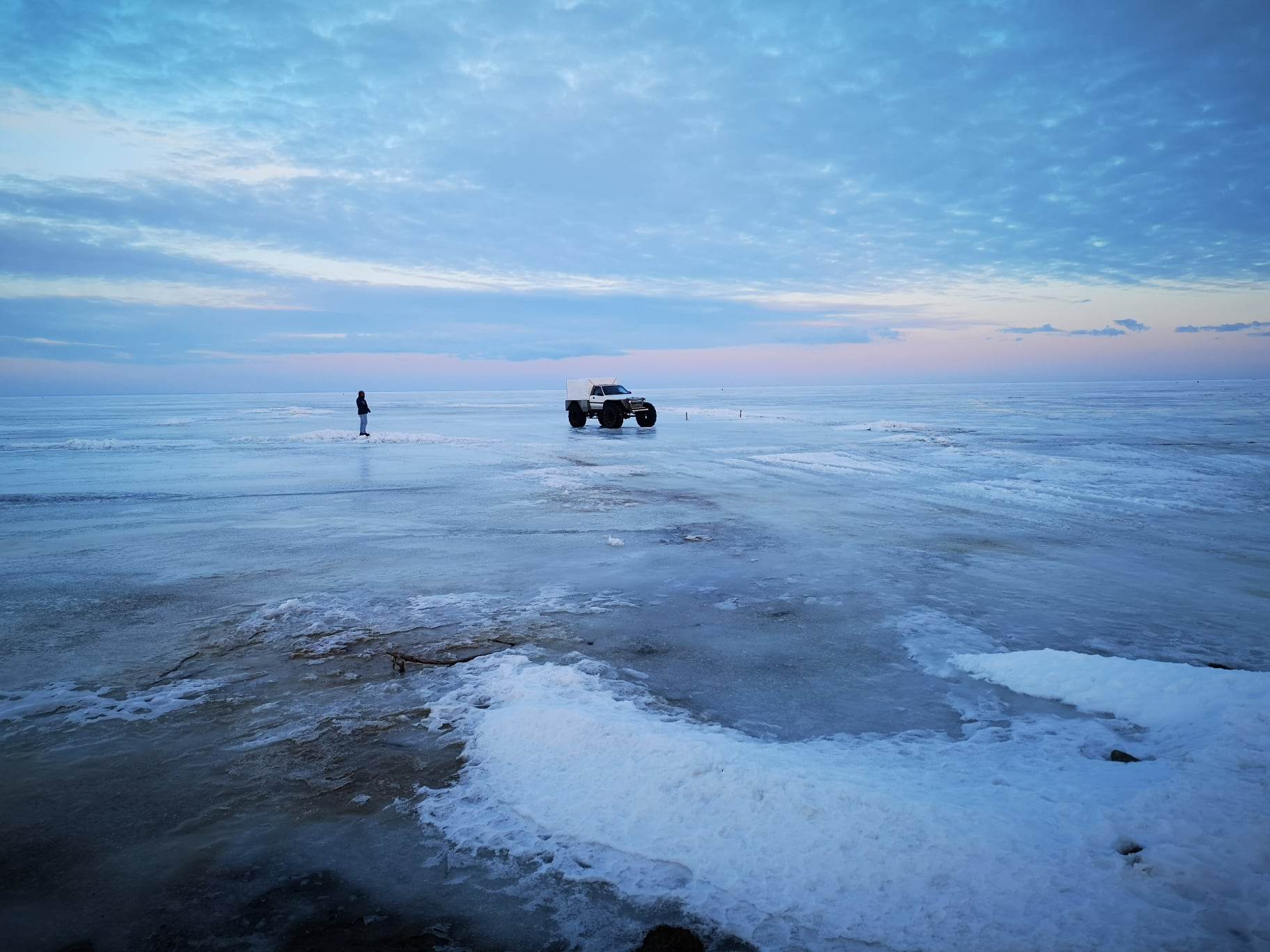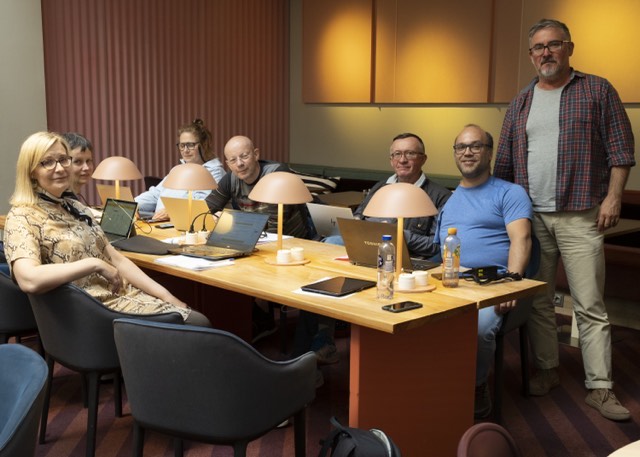
Events
Finding together educational solutions to our “post-truth” challenges In the virtual seminar, the current “post-truth” situation and how it can be mitigated by relevant educational means, was outlined by Anastassiya Astapova (University of Tartu, Estonia), Hans Orru (Umeå University, Sweden), Konstantinos Korfriatis (University of Cyprus), Oleg Popov and its results (Umeå University), and Katrin Vaino (University of Tartu). The presentations were followed by discussions in smaller groups where participants shared their concerns related to the raised situations in their home countries, and in the world, generally and brainstormed for the potential educational solutions. Also, the participants had the possibility to develop their understanding in the role of animation in education (introduced by Francisco Lança, Arte Estúdio Imaginário, Portugal), and acquire skills in visual facilitation (workshop was given by Deniss Jershov from Tartu Art School, Estonia). It was envisioned by the team, that visual facilitation technic can provide teachers and students with a useful tool to be able to communicate scientific evidence in a manner it will be really heard. Also, the participants had the possibility to have a look at the first video animation production for the project created by Arroio Arts School (process was coordinated by Márcio Martins) and familiarize themselves with the project on-line platform (introduced by Merit Karise and Oliver Maaker, Kuressaare Regional Training Centre). In the last day, the prototype module, where, amongst the other activities, students are challenged to bust a common health-related myth (conspiracy theory, misconception), was outlined and afterwards, discussed and assessed by the project teachers. The participants had also an opportunity to learn from the experiences of an already finished Erasmus+ project I SEE, which was introduced by Antti Laherto (University of Helsinki) who is acting as an external expert of the EVIDENCE project. Notwithstanding to the circumstances, the seminar helped to make a big step towards generating a good team spirit and common understanding, not even mentioning the new knowledge and skills gained.
15-17 March 2021 took place the first teaching, training, and learning seminar of the Erasmus+ project EVIDENCE which was hosted by Antonio Arroio Arts School (Portugal). The participants of the seminar consisted of the project core staff, teachers and researchers of partnerorganisations, associated partner schools, and the students of Arroio. 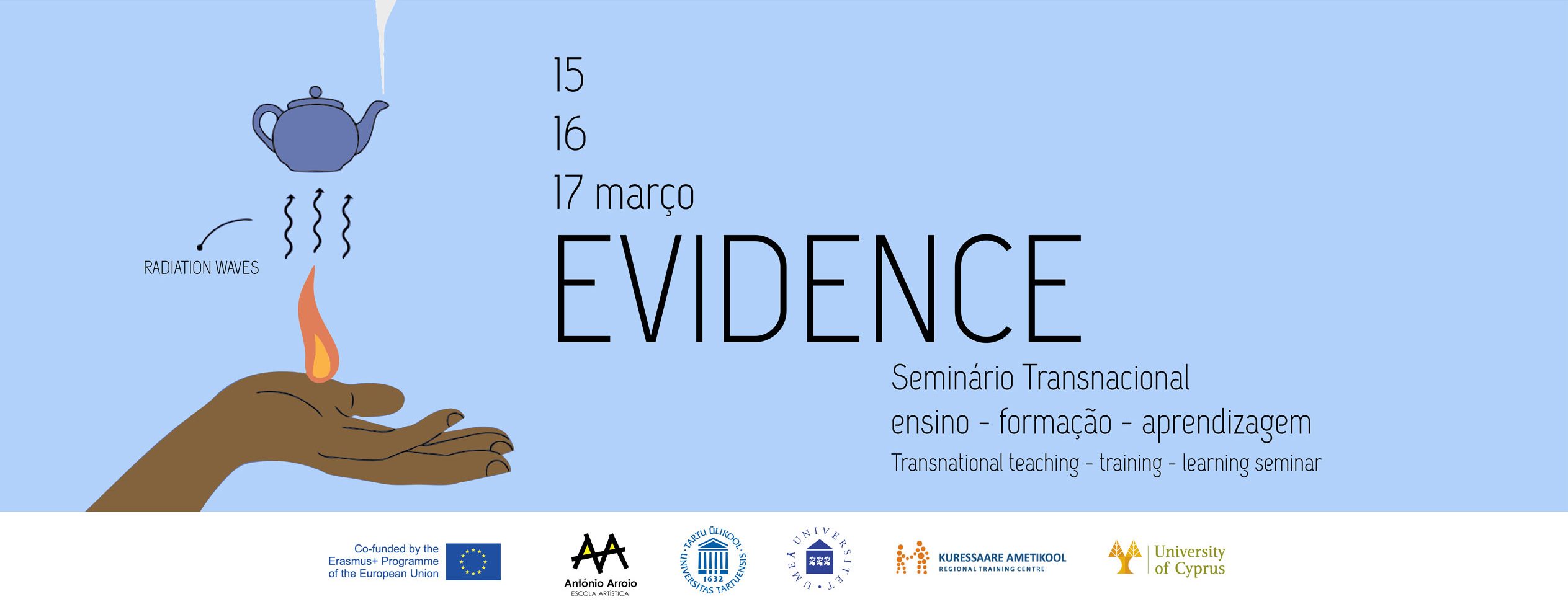
27 Sept – 1 Oct 2021 took place the second learning-teaching-training seminar of the Erasmus+ project EVIDENCE which was held in Kuressaare (Estonia) and hosted by Kuressaare Regional Training Centre. The participants (both real and virtual) of the seminar were project core staff, teachers and researchers of partner organisations, and associated partner schools.
In the seminar, the psychological mechanisms of conspiracy theories were opened up by Anastassiya Astapova (University of Tartu, Estonia), public myths and understanding of climate changes were outlined and contrasted with current scientific understanding by Konstantinos Korfriatis, Andreas Panayides, and Onofrious Merittou (University of Cyprus), and of cannabis by Hans Orru (Umeå Universitet). The participants tested and reflected on the modules that had been already developed (guided by Oleg Popov (Umeå University) and Katrin Vaino (University of Tartu)), but also brainstormed giving input into the next modules to be developed. Also, the participants took part in a workshop and acquired skills in producing a short video (guided by Márcio Martins, Delfim Ramos, João Duarte, José Leitão, Antonio Arroio Arts School). The creativity and teamwork skills were developed under the supervision of Merit Karise (Kuressaare Regional Training Centre). 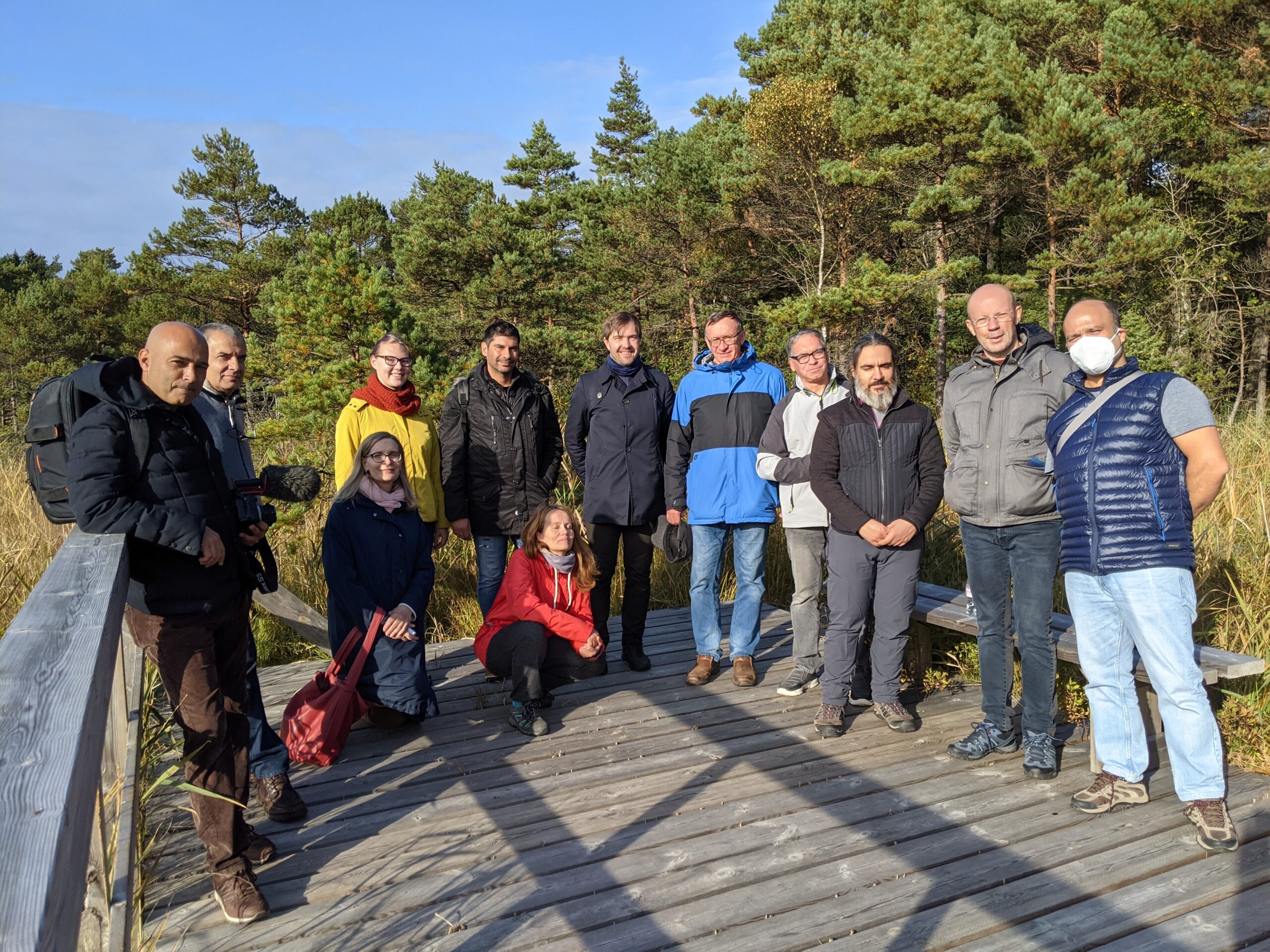
In the first day, the project outcomes so far were outlined and discussed among the participants. Overview of the first school intervention, both successes and challenges, was given by Ave Vitsut and Marie-Johanna Univer (virtually) (Viljandi Gymnasium, associated partner). Respective pre-post questionnaire results were introduced by Katrin Vaino (University of Tartu). Public myths about space and space explorations, but also about evolution, were outlined and contrasted with the current scientific understanding by Hans Orru and Oleg Popov (Umeå University) and Konstantinos Korfiatis (University of Cyprus), respectively. Both topics were brainstormed together with respect to the potential methodological approaches to be used within the learning materials created. Anna Strid from Tegs Central School (associated partner) introduced her approach to conduct an energy debate in science classroom and how to assess student’s learning outcomes within. The participants had also a great opportunity to visit Curiosum, a science popularisation unit in Umeå, for obtaining novel ideas to be used in partner organisations and for the project. The visit was guided by the director of the unit, Madelen Bodin. The second day was opened by Christina Ottander from Umeå University who introduced recent developments in socio-scientific issue-based teaching approach and her respective research. Ideas about the potential content for the methodological guidebook to be produced (IO1), were generated and discussed amongst the group. This activity was led by Konstantinos Korfiatis, Triin Rosin (University of Tartu), and Katrin Vaino. The project’s visual outcomes (intro videos,“fact videos”, and project trailer) were demonstrated by Arroio Arts School team (Márcio Martins, João Duarte, João Ribeiro, Céu Guarda), after which feedback was provided by the rest of the audience on the created material. The photo exhibition on the environmental changes made by Arroio students and teachers, was opened by Céu Guarda. Novel and creative ways for learning were demonstrated by Clélia Alves and Maria Eduarda Oliveira (Professor Armando de Lucena School, associated partner) which was followed by workshop where the participants had an opportunity to practice cyano type technique by themselves. Their presentation ended up with a catchy video greeting of their school. After an exhaustive seminar day, the participants had an opportunity to take an exiting walking tour around the central part of Umeå showing how artists from different parts of the world had contributed to the city’s art-landscape together with Oleg Popov. The seminar was supported by lovely Nordic whether and held in a great team spirit.
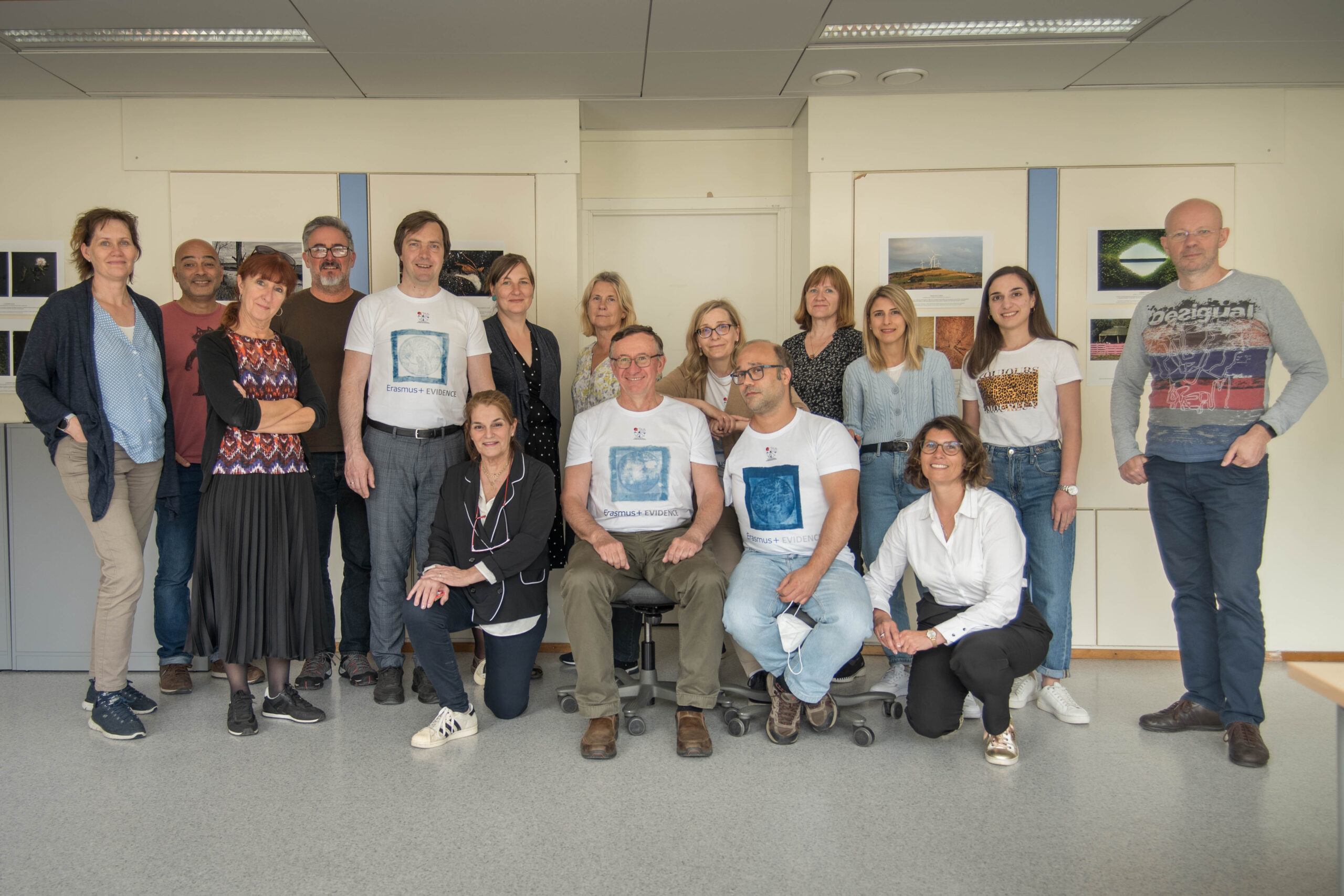
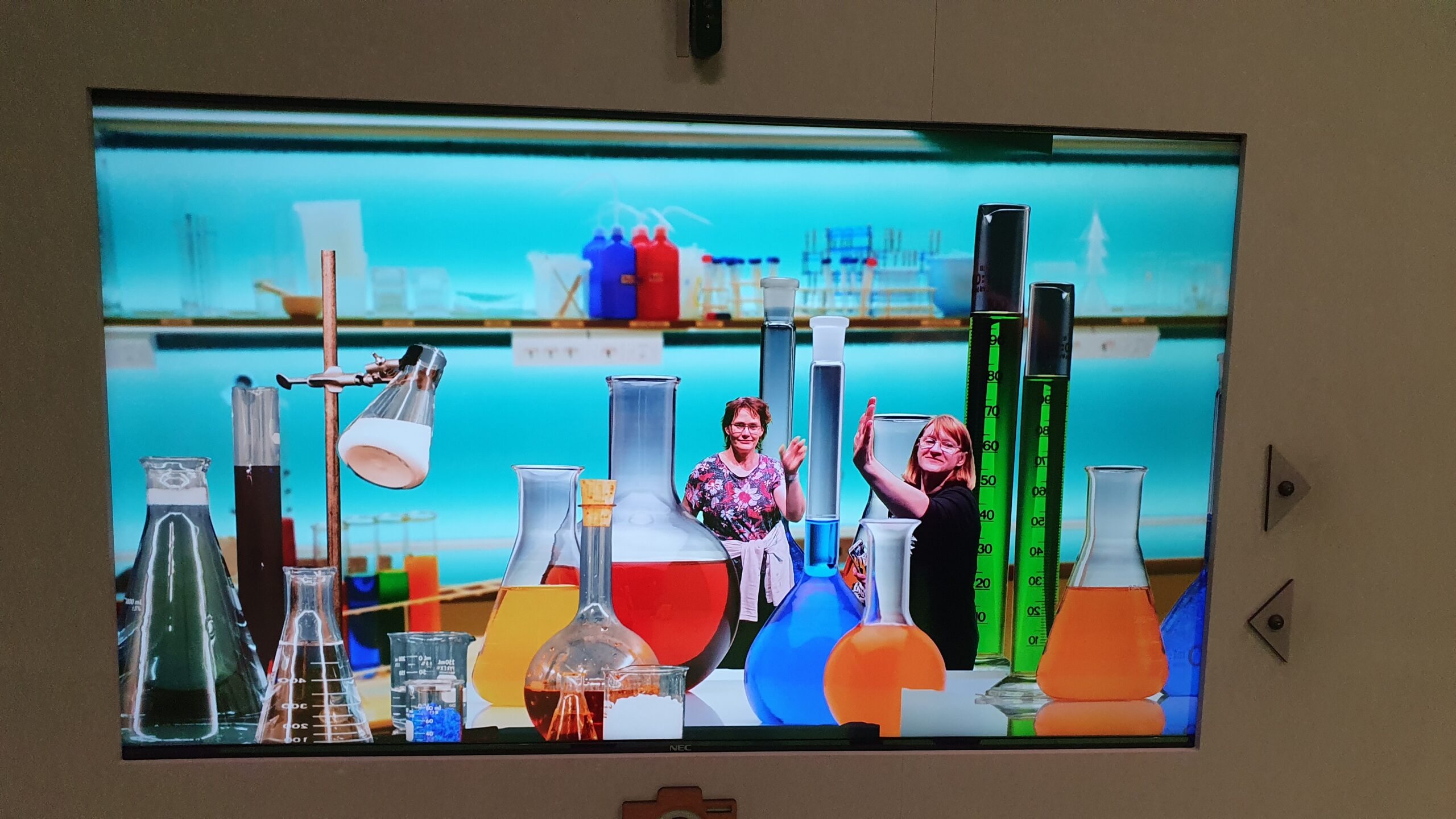
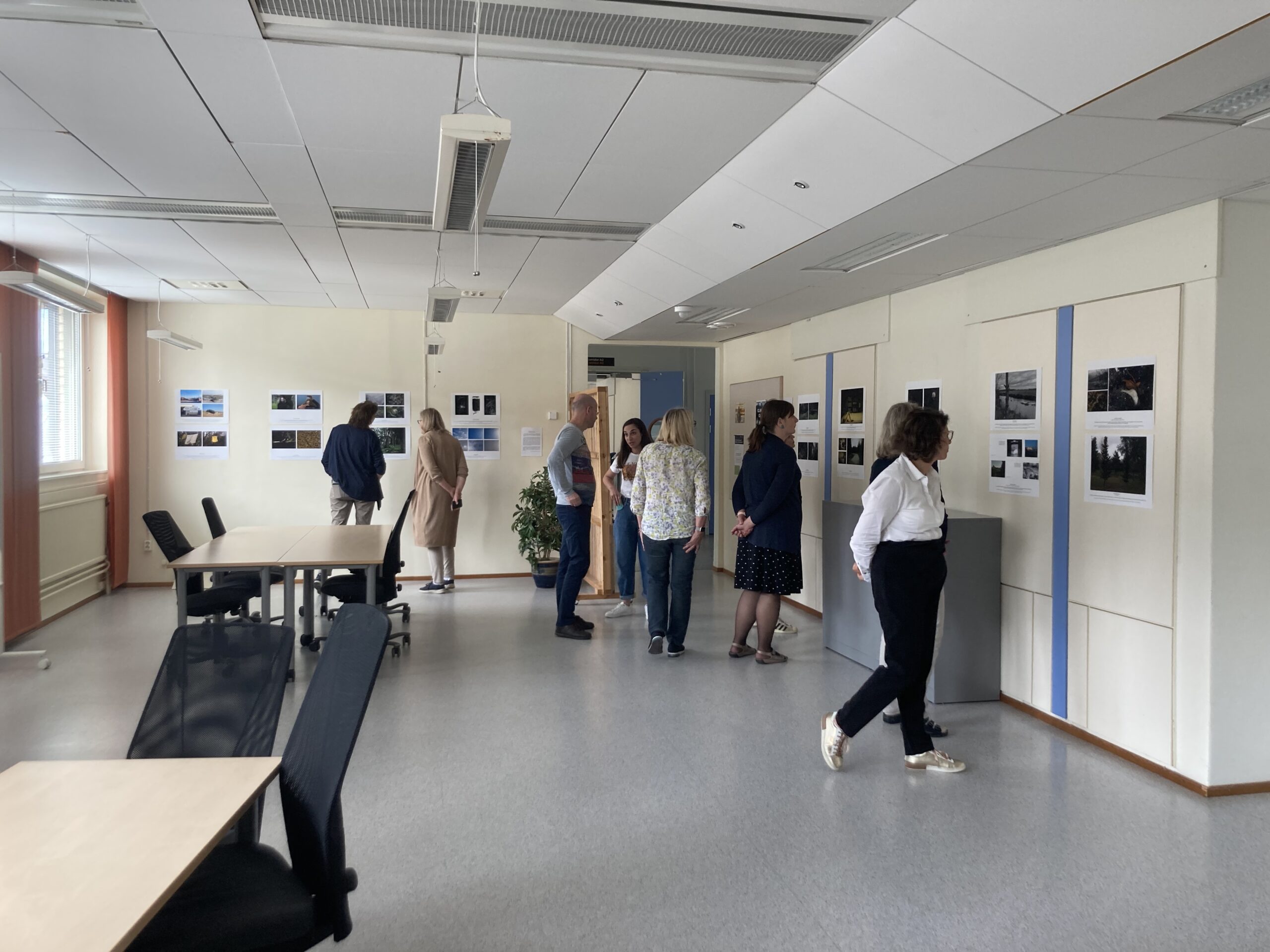
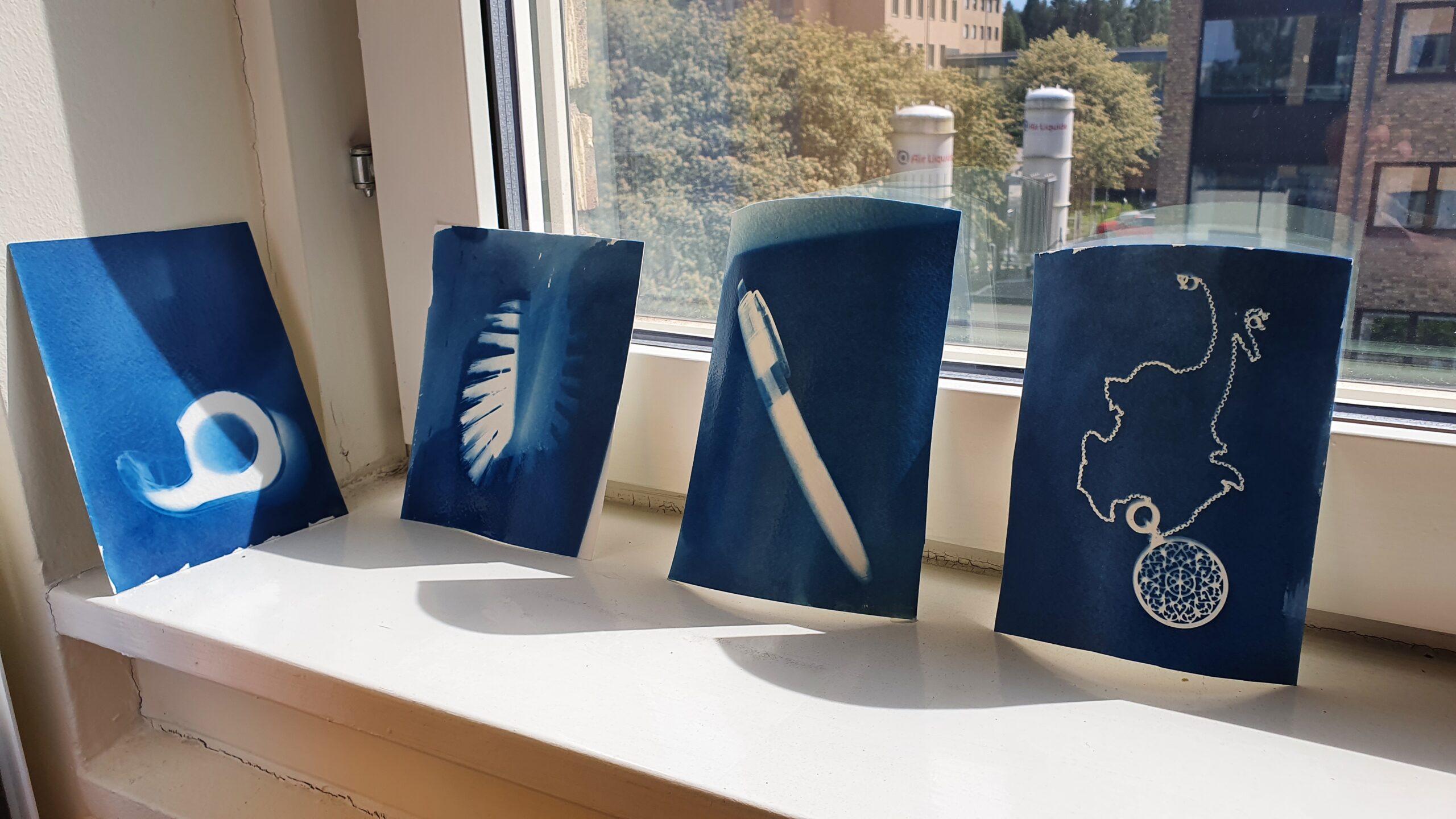
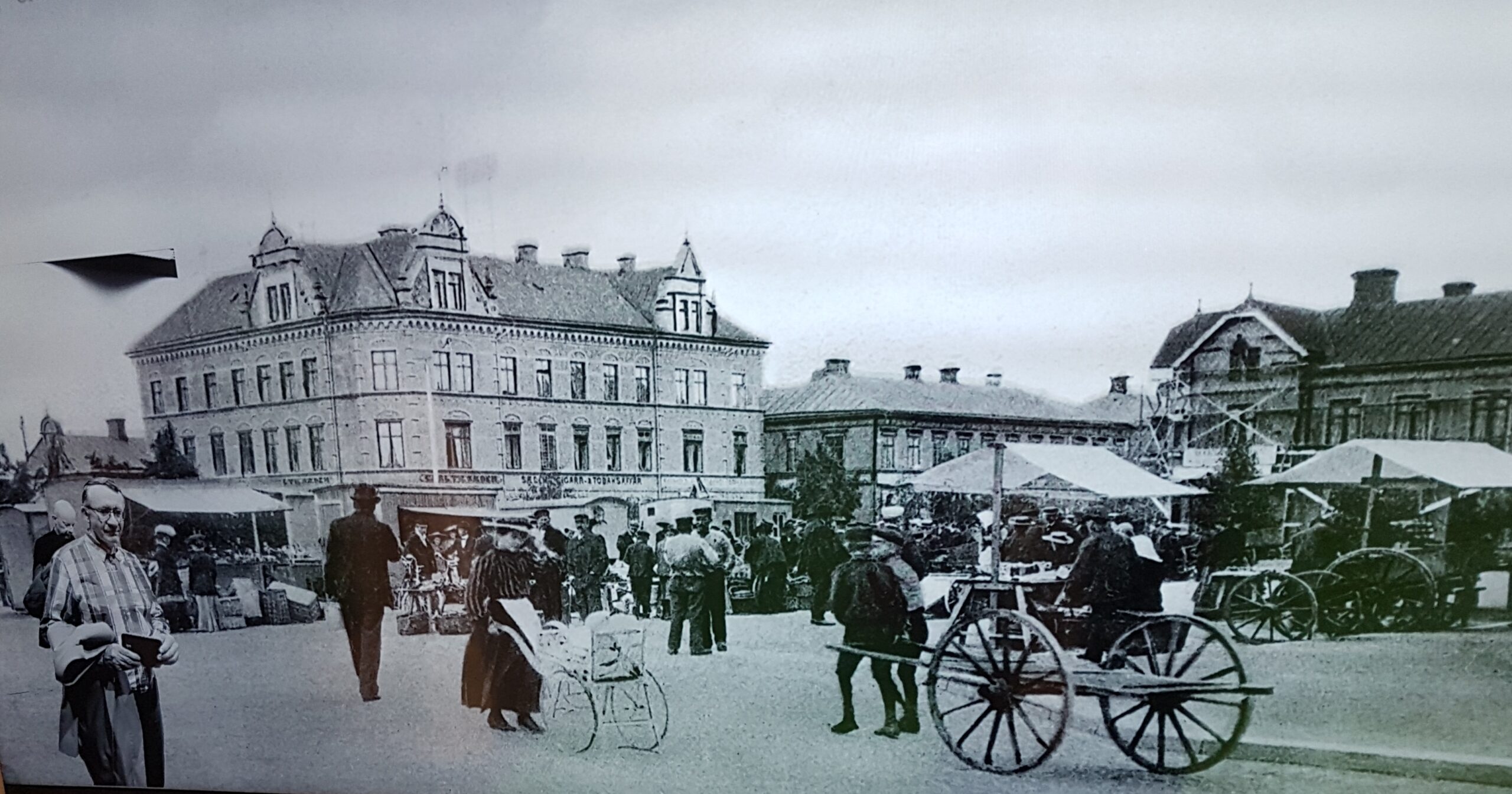 In the third day of the seminar, the participants could pick up a number of ideas about how to disseminate project results so it is really heard, from the virtual presentation given by the project’s external consultant, Bulent Cavas (Dokuz Eylul University, Turkey).
In the third day of the seminar, the participants could pick up a number of ideas about how to disseminate project results so it is really heard, from the virtual presentation given by the project’s external consultant, Bulent Cavas (Dokuz Eylul University, Turkey).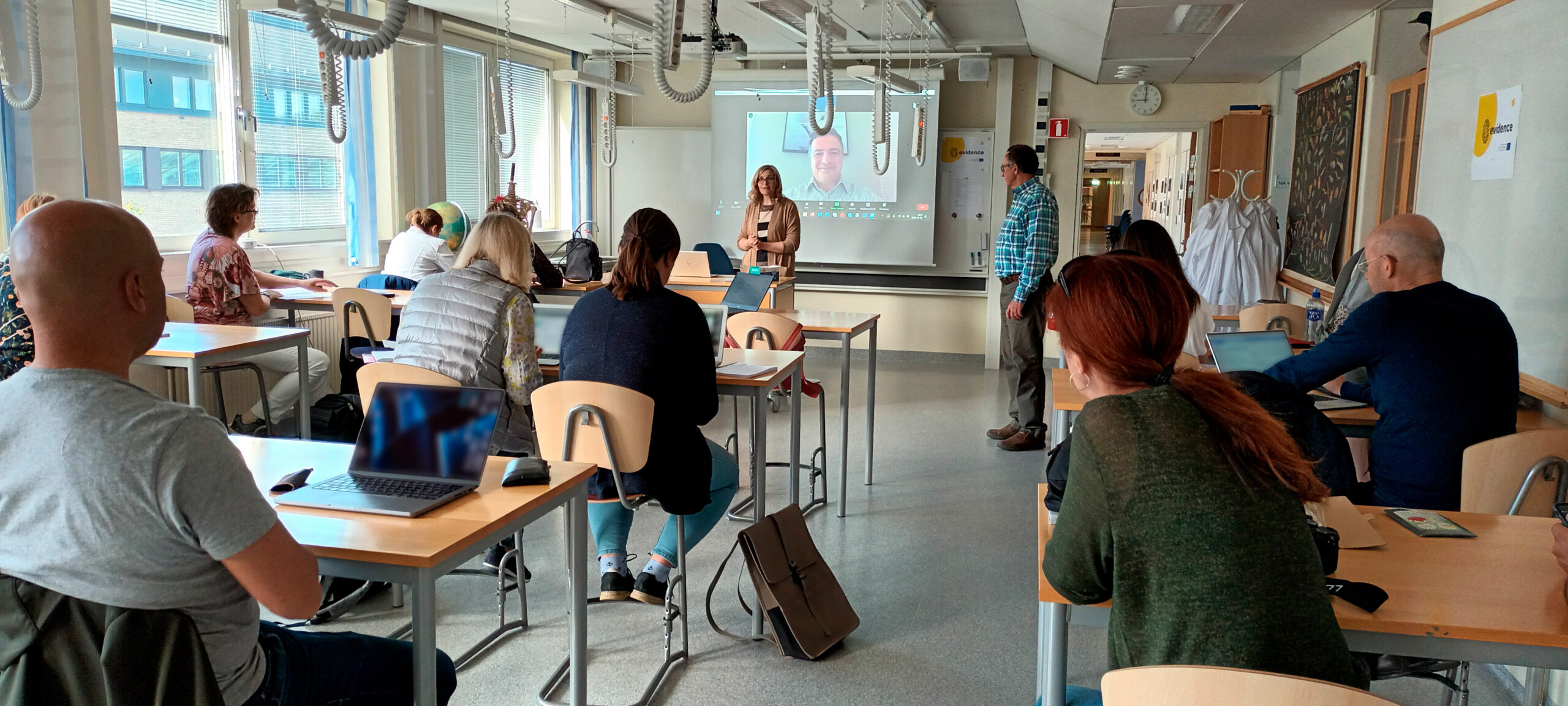
The seminar was finished by setting goals for the next period of the project. The participants had also a great opportunity to visit a real Swedish school -Tegs Central School together with Anna Strid.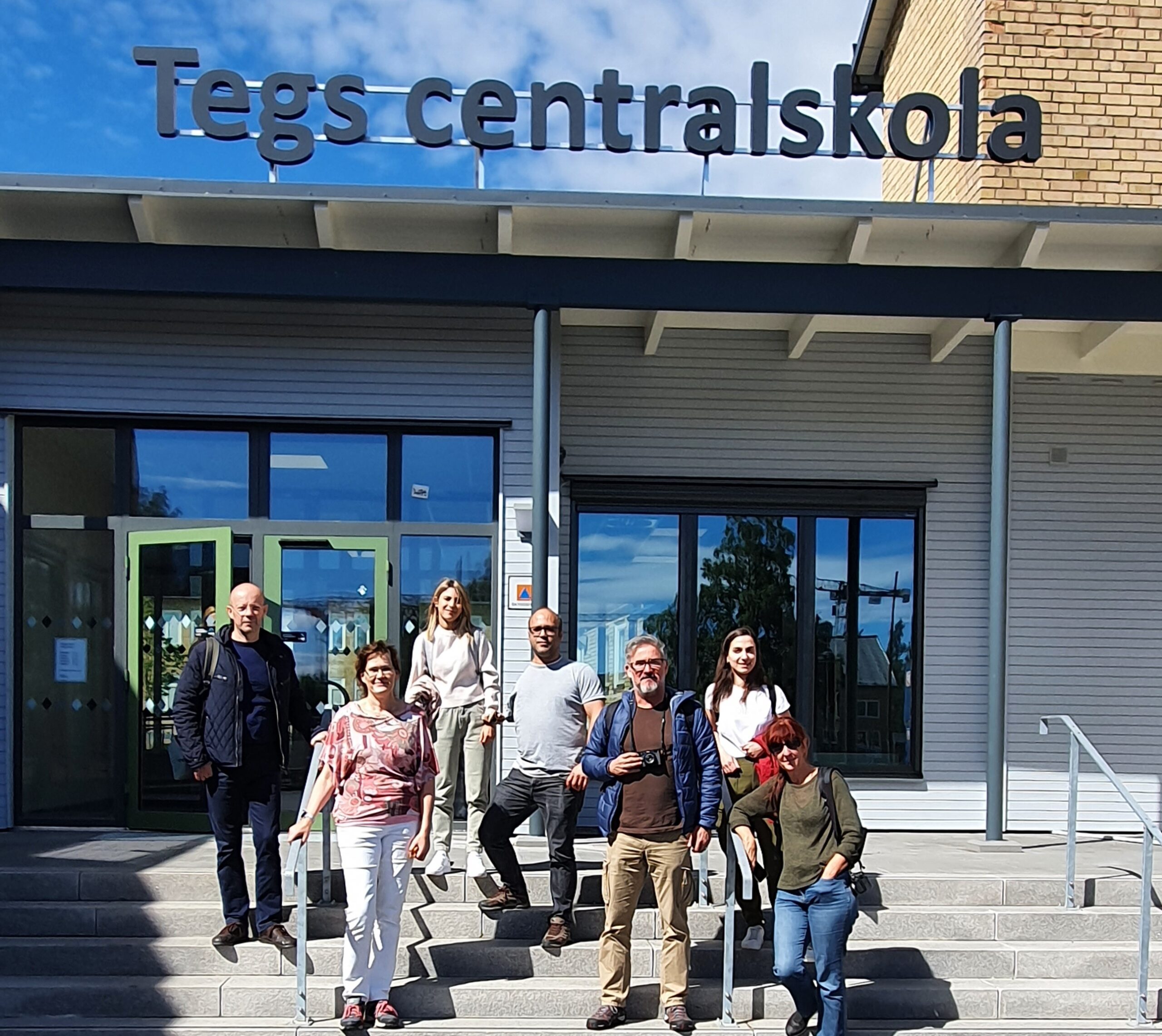
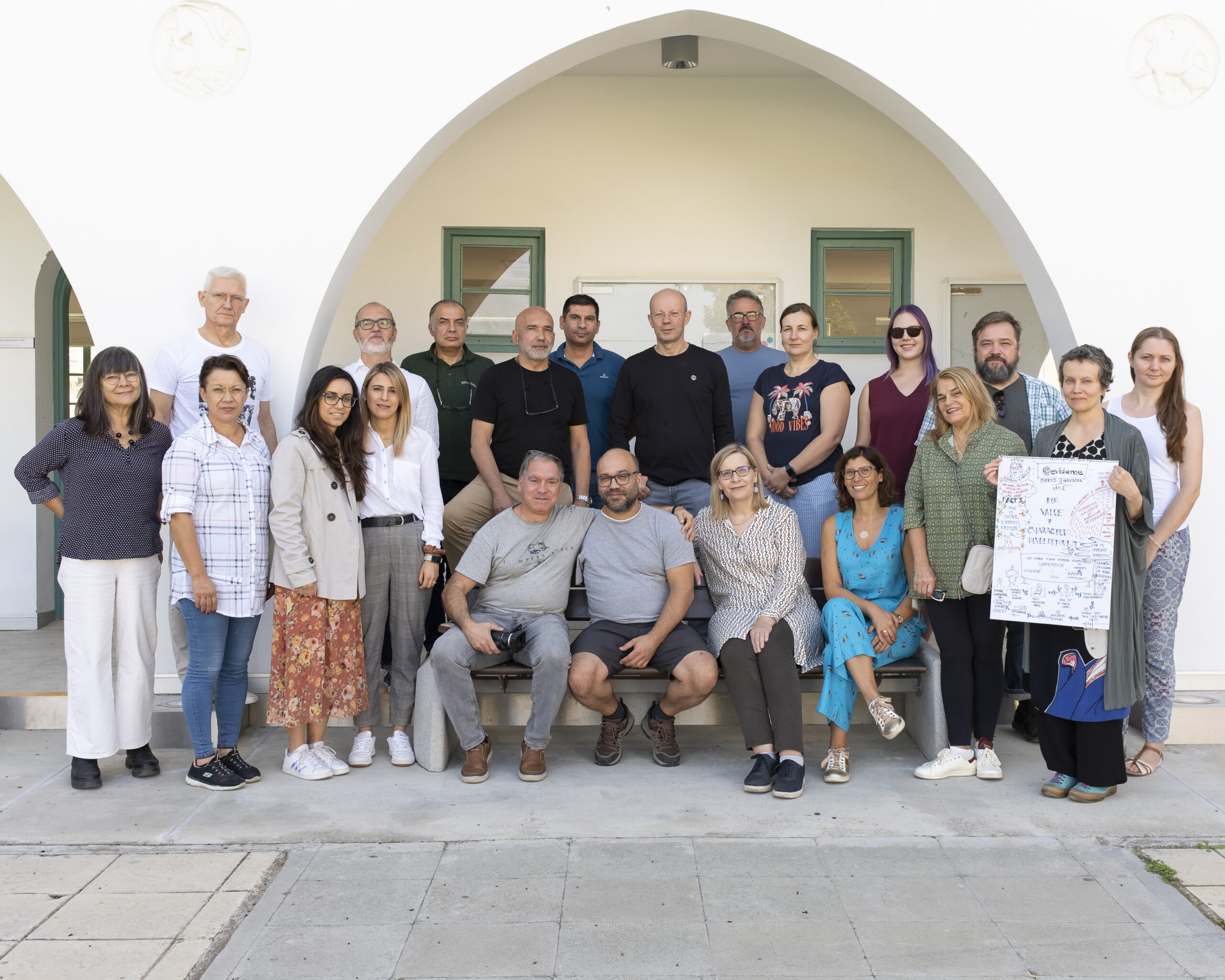
2-5 Nov 2022 took place the fourth teaching, training, and learning seminar which was hosted by the University of Cyprus in Nicosia. The participants of the seminar consisted of the project core staff, teachers and researchers of partner organisations, associated partner schools. The seminar started as many times before, with national deli.
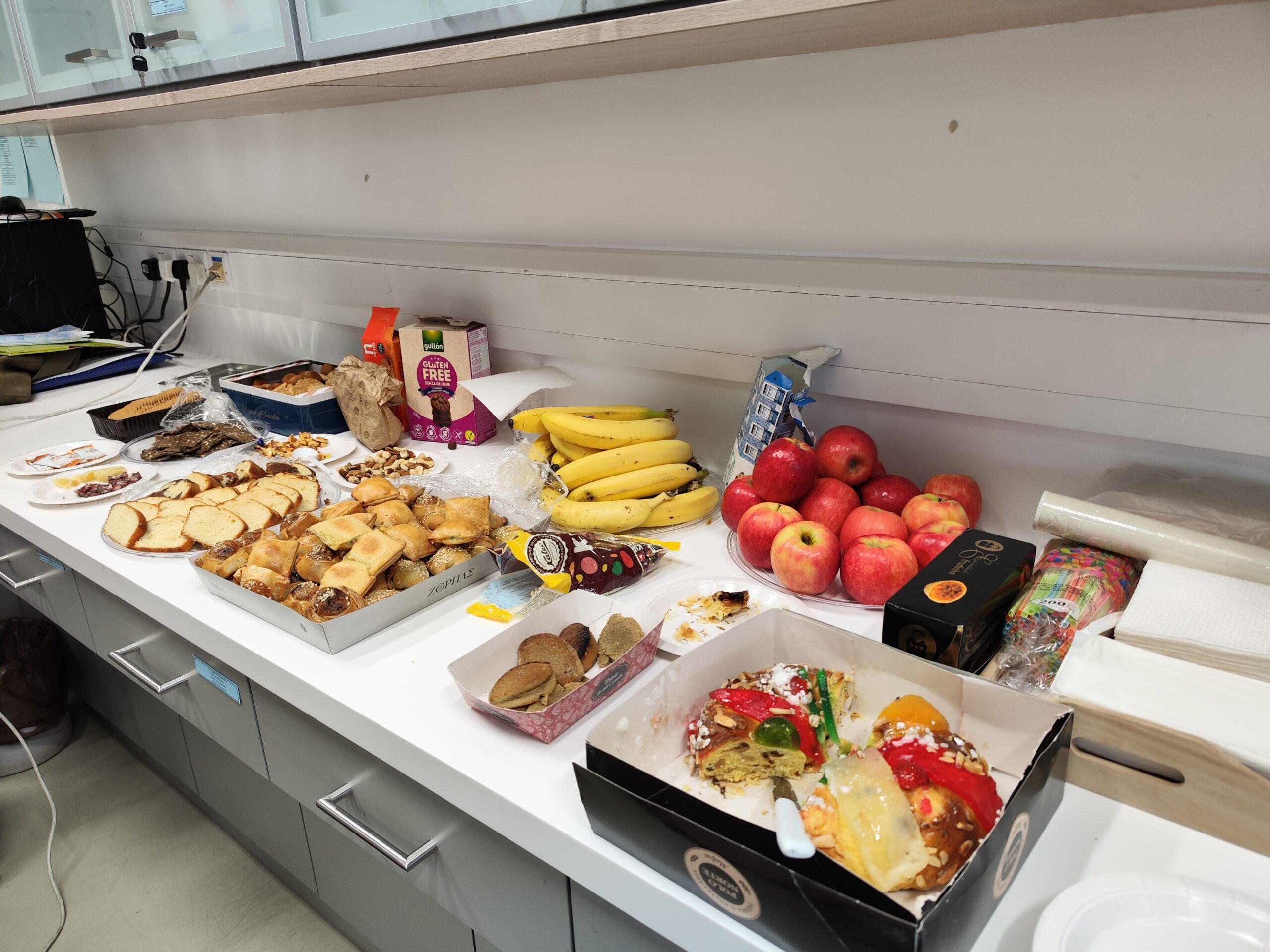
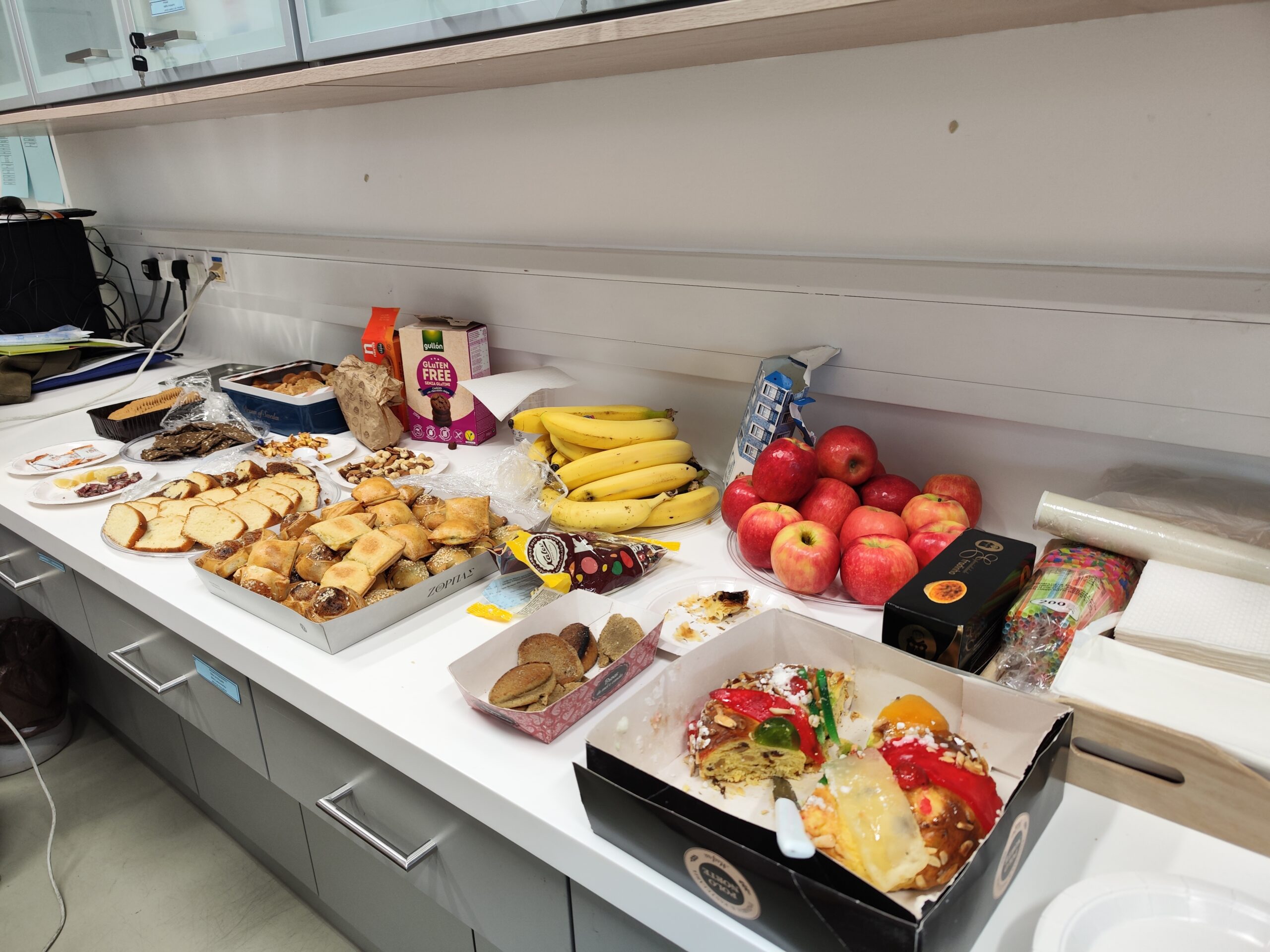
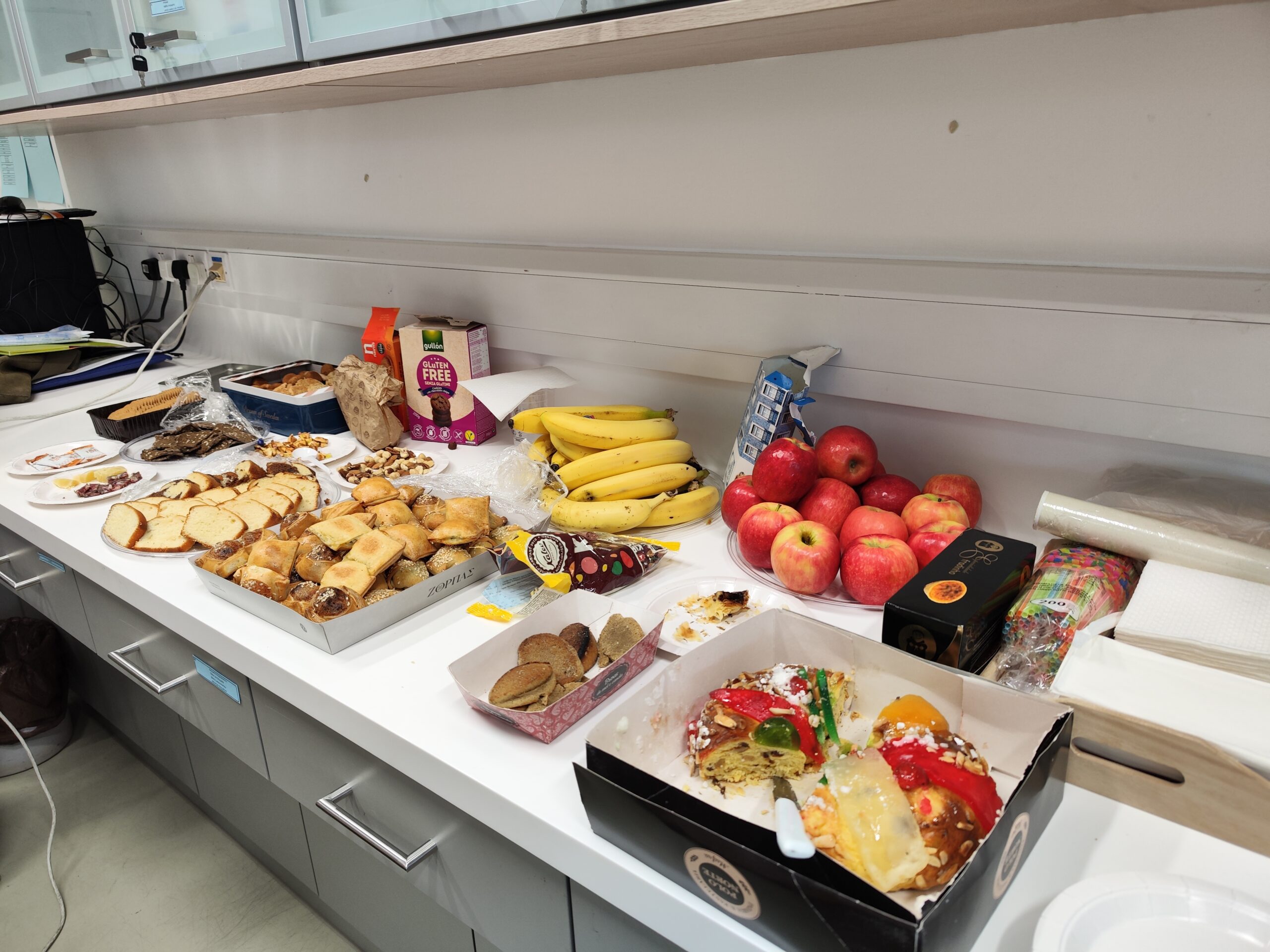 In the seminar, the political dimensions of conspiracy theories, was outlined by Miranta Christou (University of Cyprus), graphic facilitation as a tool in teaching and learning was introduced by Merit Karise (Kuressaare Vocational Centre, Estonia), and the role and availabilities of social media in education by Anthi Christodoulou (UCY). The overview of the summer camp piloting the project modules organised by the Cyprus team was given by Stella Petrou. Katrin Vaino from the Universtity of Tartu highlighted the aspects of value development by students that could potentially helping to mitigate the post-truth situation.
In the seminar, the political dimensions of conspiracy theories, was outlined by Miranta Christou (University of Cyprus), graphic facilitation as a tool in teaching and learning was introduced by Merit Karise (Kuressaare Vocational Centre, Estonia), and the role and availabilities of social media in education by Anthi Christodoulou (UCY). The overview of the summer camp piloting the project modules organised by the Cyprus team was given by Stella Petrou. Katrin Vaino from the Universtity of Tartu highlighted the aspects of value development by students that could potentially helping to mitigate the post-truth situation.
Oleg Popov from Umeå University and Katrin Vaino conducted workshops on Space and Drugs module respectively, where the participants had to put themselves into specific roles related to the given scenarios, after which they provided feedback on the designed learning activities for improving the existing script.
The second day was finished by the visit to the new and beautiful university’s campus and library.

In the day 3, Maria Eduarda Oliveira and Clelia Alves (Professor Armando de Lucena School) demonstrated an exciting video reflection from their school on the topics covered by the EVIDENCE modules.
The project on-line platform was introduced by Oliver Maaker (Kuressaare Regional Training Centre, Estonia).
EVIDENCE memories were shared by the video made by Delfim Ramos.
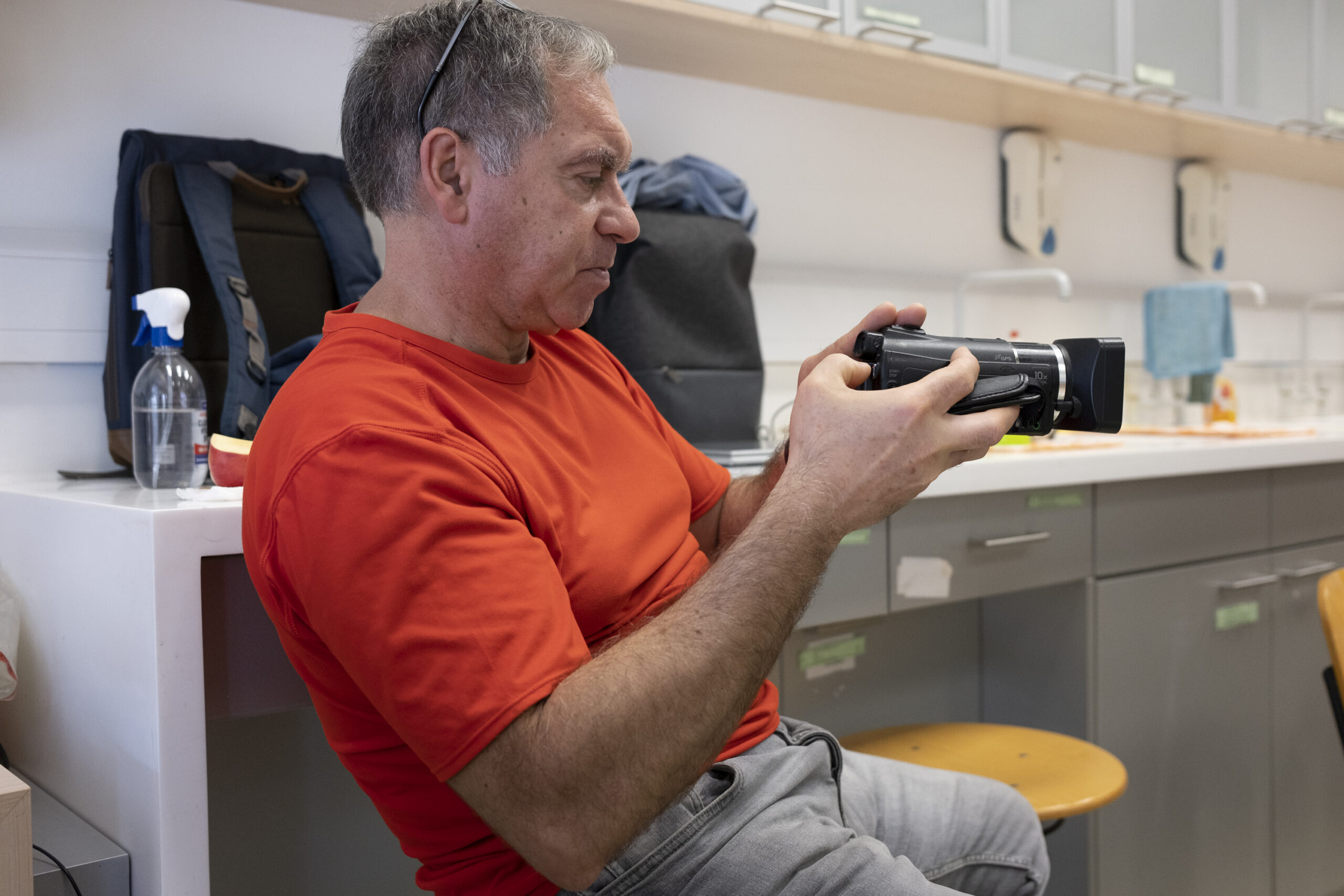
The visual production of the project was demonstrated by the team of António Arroio Arts School:
– Art photography and sciences an old relationship (Bruno Santos and Alexandre Almeida);
– Virtual exhibition – A future possibility (Márcio Martins). Also, they opened the paper-based photo exhibition in the rooms of the University’s campus.
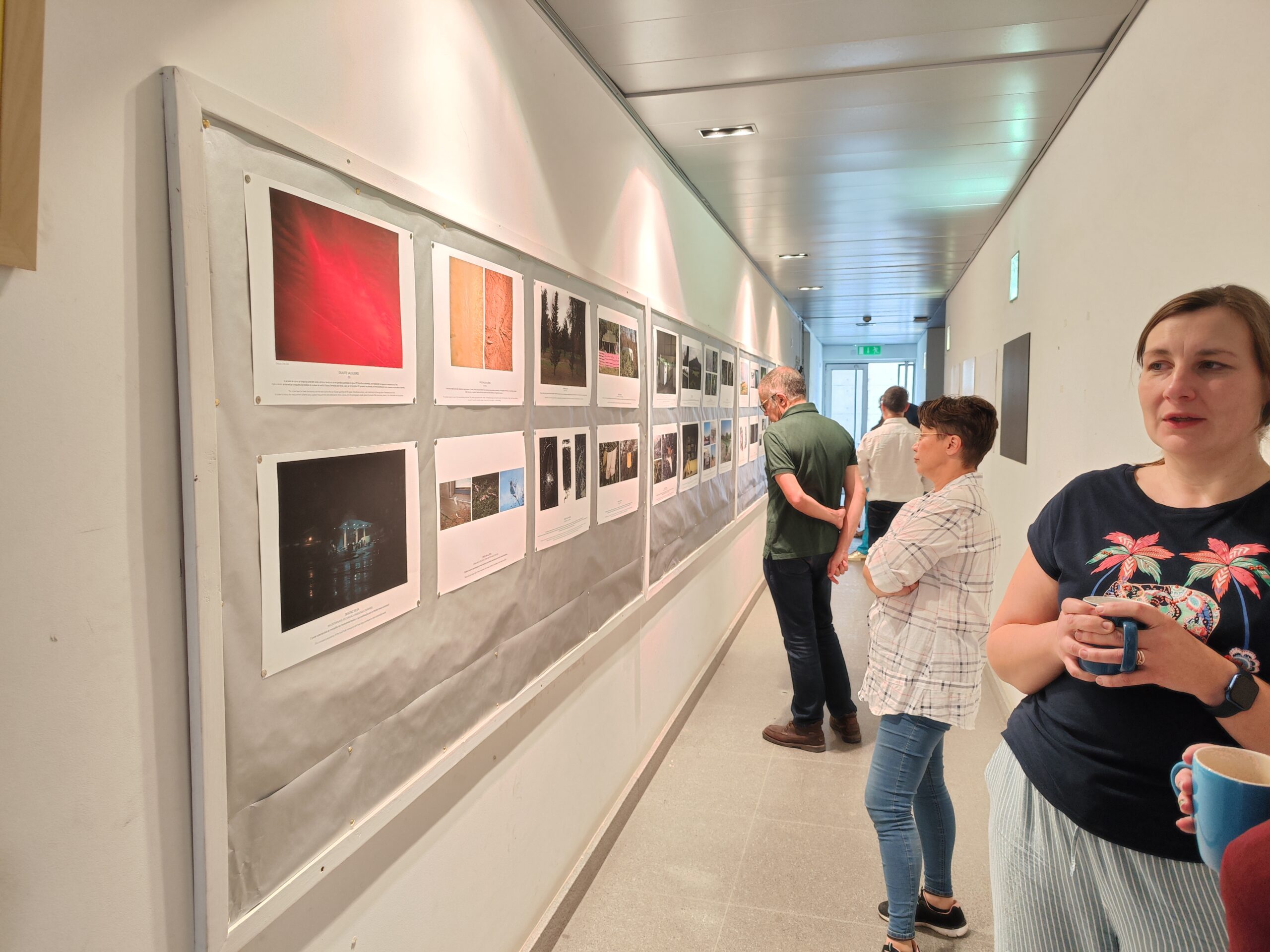
Seminar was finished by team building activities and planning of the future project activities.
All presentations were skillfully recorded by Merit Karise through the use of visual facilitation technique.
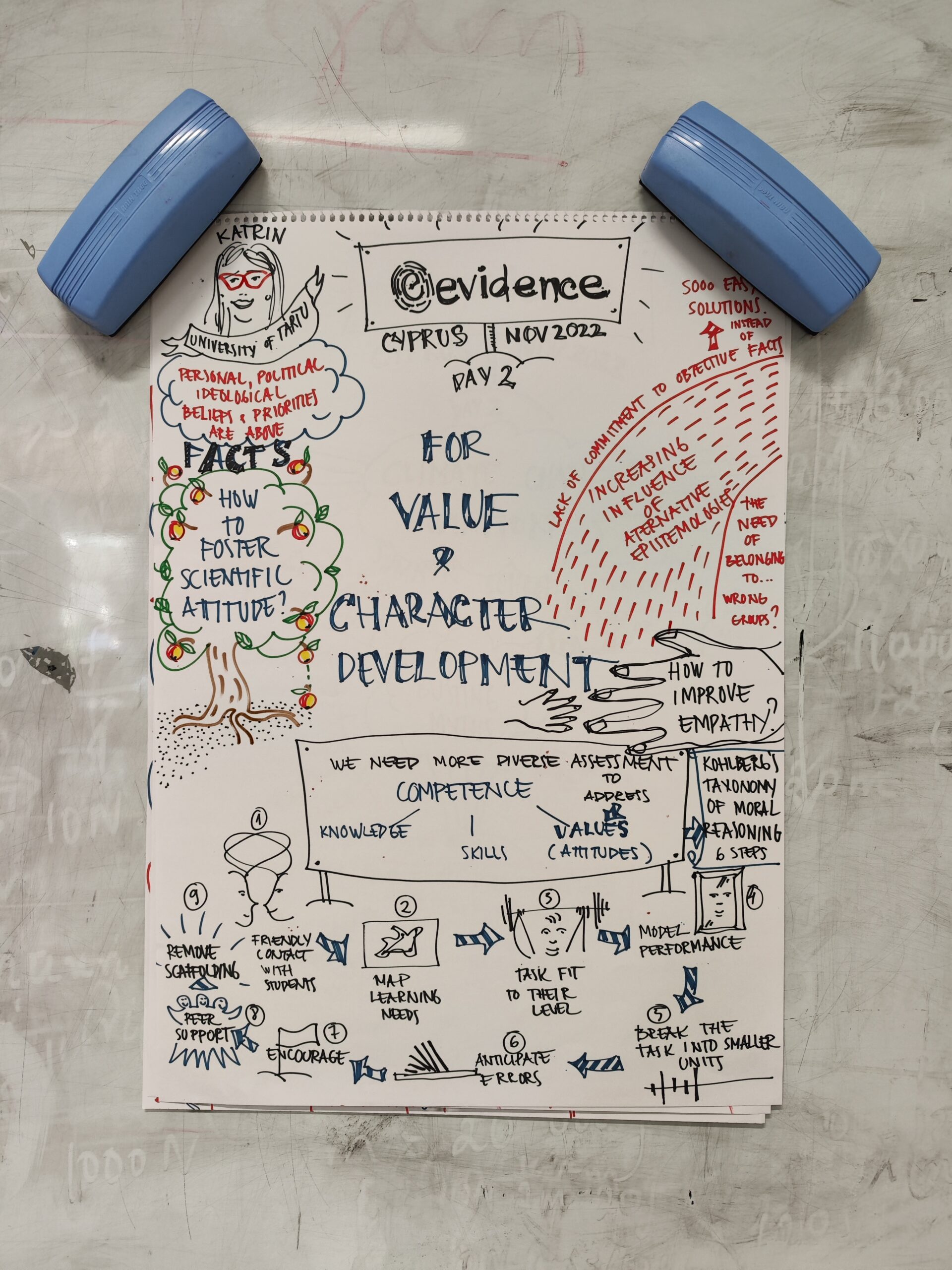
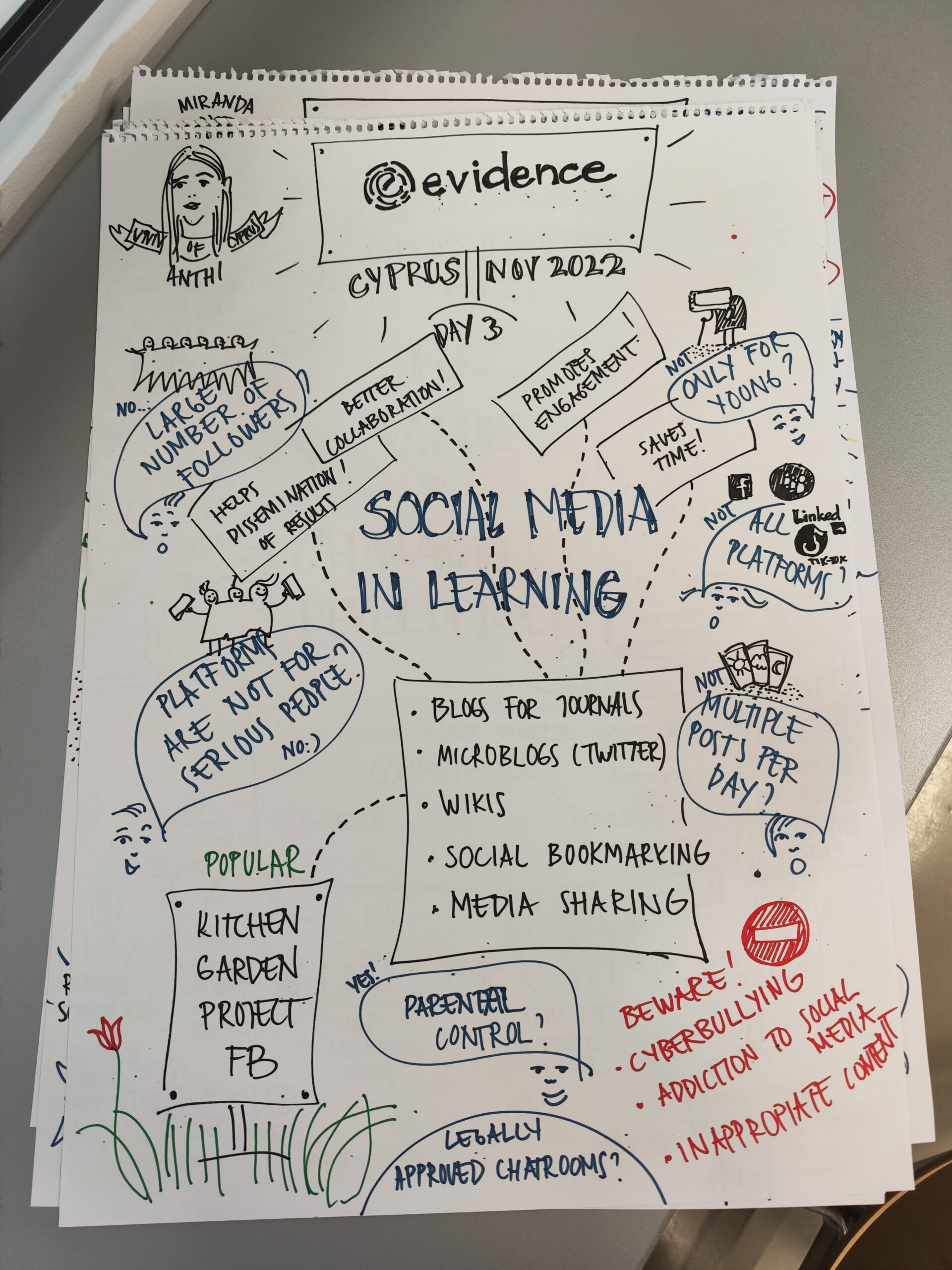
16 -18 March 2023 took place the fifth and last learning-teaching-training seminar which was held in Tartu (Estonia) and hosted by the University of Tartu. The participants of the seminar were project core staff, teachers and researchers of partner organisations, and associated partner schools. Overview of the interventions in schools were made by Anna Strid (Tegs Central School), and Helena Constantinou (University of Cyprus). Project web-site was introduced by Oliver Maaker (Kuressaare Vocational Centre). Merit Karise introduced her ideas on the chapter of visualisation for the methodological guidebook (IO2). Antonio Arroio Arts School team (Márcio Martins, José Leitão, Alexandre Almeida, Bruno Santos, Céu Guarda, José Pina, João Ribeiro) introduced the visual production of the project. Their team member, Luísa Mota, intrigued the participants of the seminar to think of the relationship between science and arts and how it can be incorporated into classroom learning. The IT team from the Kuressaare Vocational Centre worked hard in “parallel reality” while trying to find solutions to the ongoing design problems related to the project digital materials. The bus trip to the Onion Route at the Peipus lake tried to open up the less known sides of Estonia. The seminar was finished as usually, with planning further activities and discussing the deadlines.
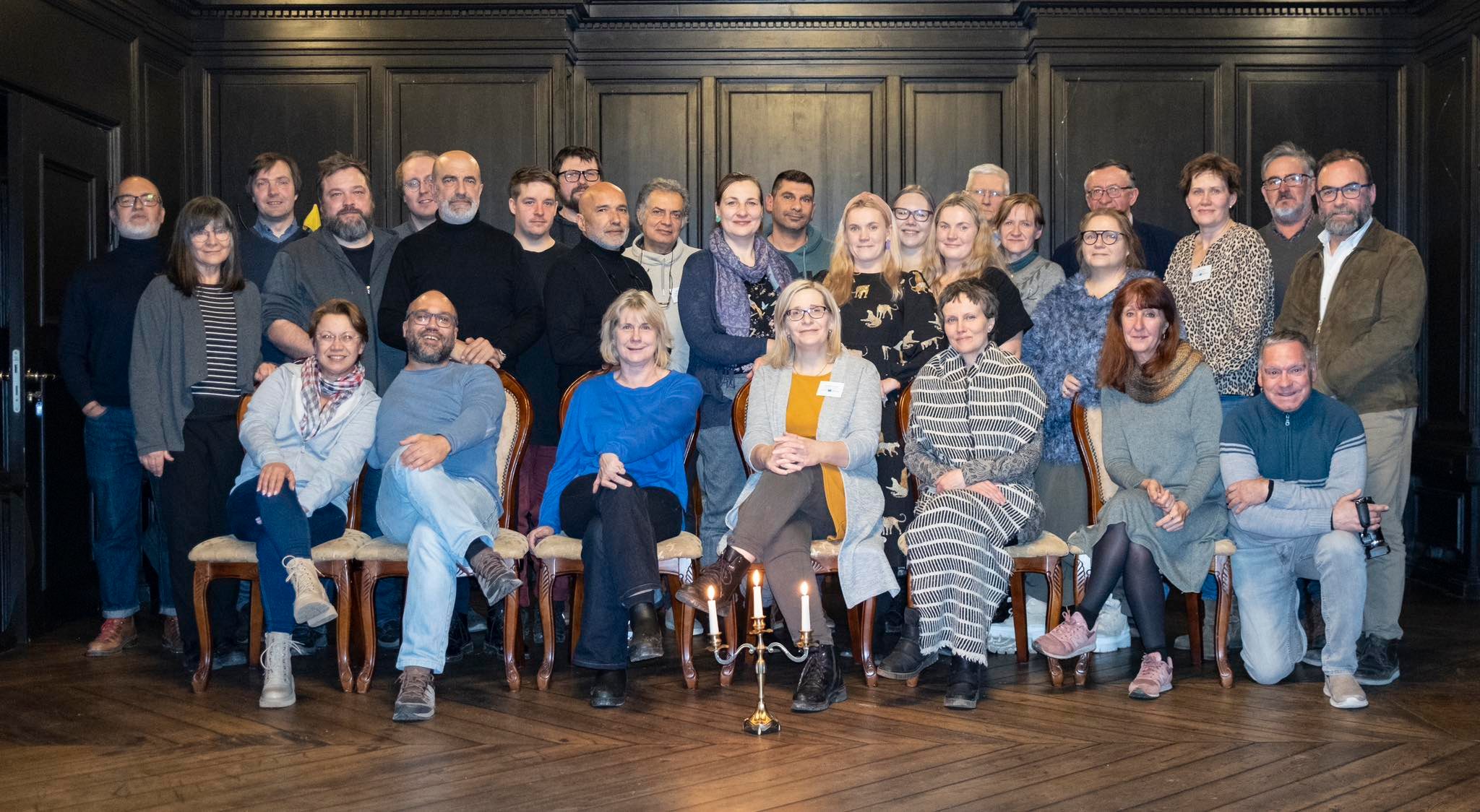
 Marie Johanna Univer (Viljandi Gymnasium), Liis Rüütel, and Toomas Liivamägi (Luunja Gymansium) shared their experiences as teacher trainers in the course dedicated to the dissemination of EVIDENCE philosophy and materials (hold by the University of Tartu).
Marie Johanna Univer (Viljandi Gymnasium), Liis Rüütel, and Toomas Liivamägi (Luunja Gymansium) shared their experiences as teacher trainers in the course dedicated to the dissemination of EVIDENCE philosophy and materials (hold by the University of Tartu). 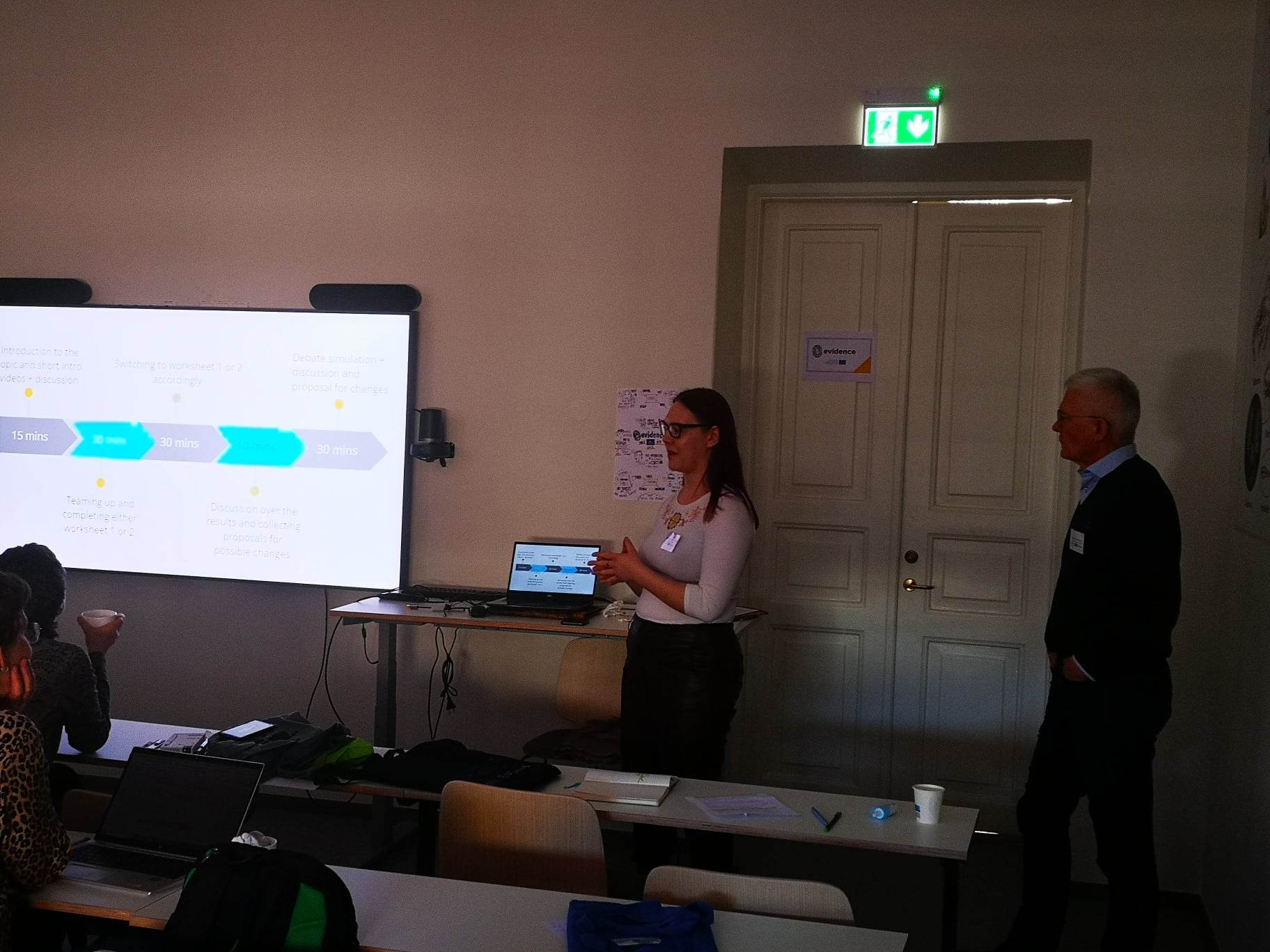
 The topic of Space and remote sensing was opened by the guest Indrek Sünter from the company “Kappazeta” (Estonia).
The topic of Space and remote sensing was opened by the guest Indrek Sünter from the company “Kappazeta” (Estonia). 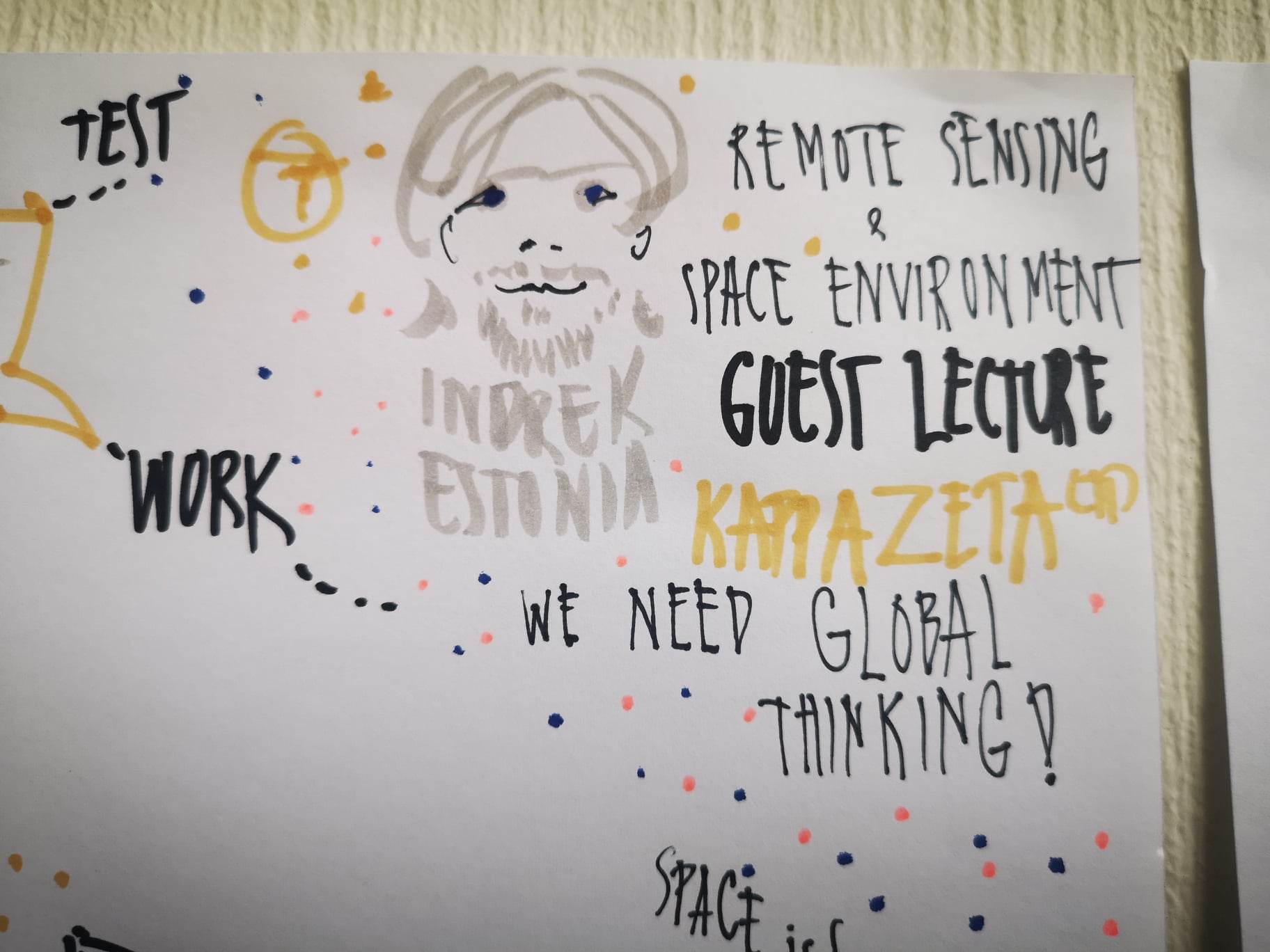 Also, the participants visited the Youth Academy of the University of Tartu. The introduction of the activities organised by the academy (mostly addressing the needs of gifted and motivated children) was given by the head of academy, Ana Valdmann and her team.
Also, the participants visited the Youth Academy of the University of Tartu. The introduction of the activities organised by the academy (mostly addressing the needs of gifted and motivated children) was given by the head of academy, Ana Valdmann and her team. 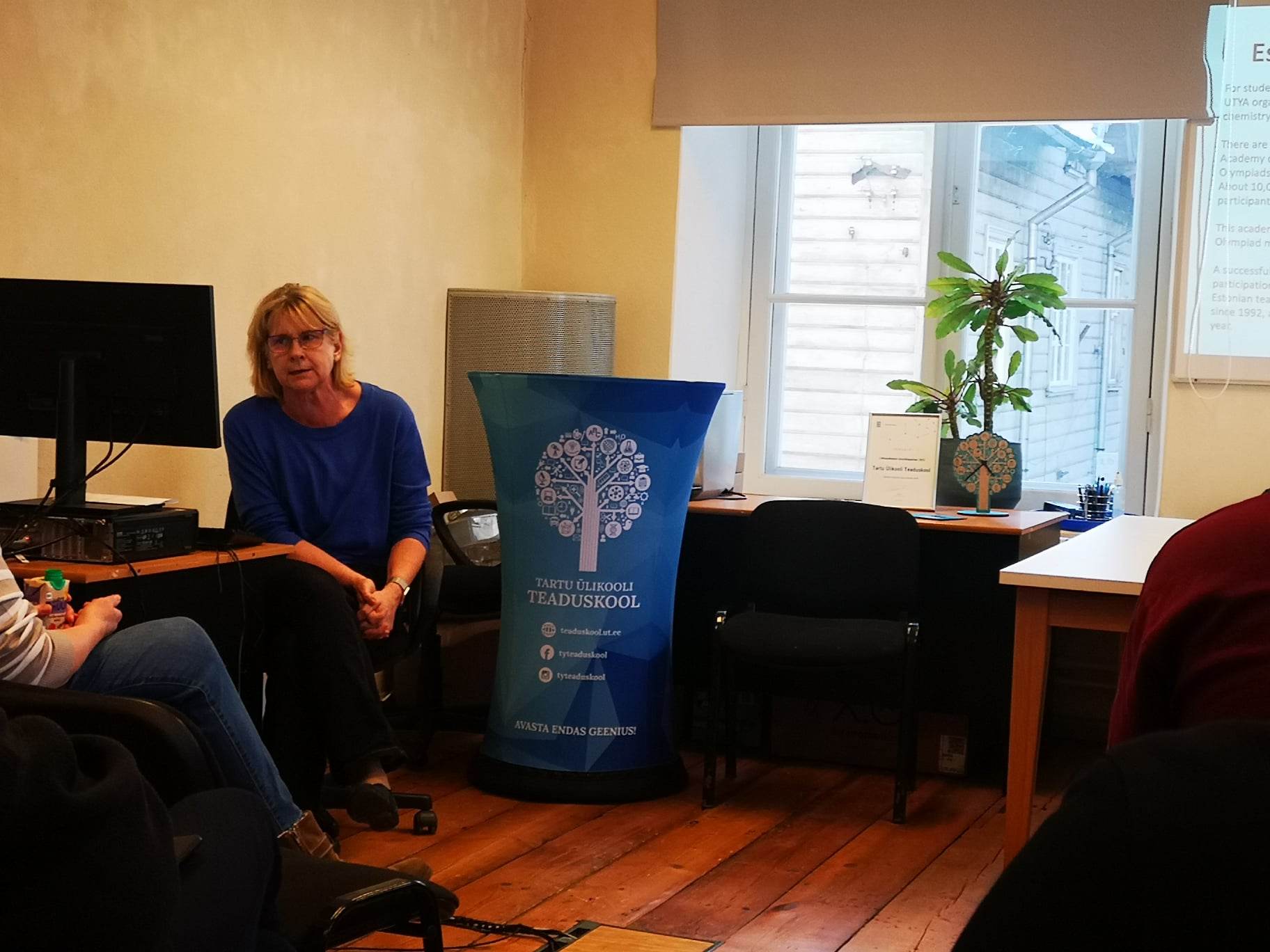

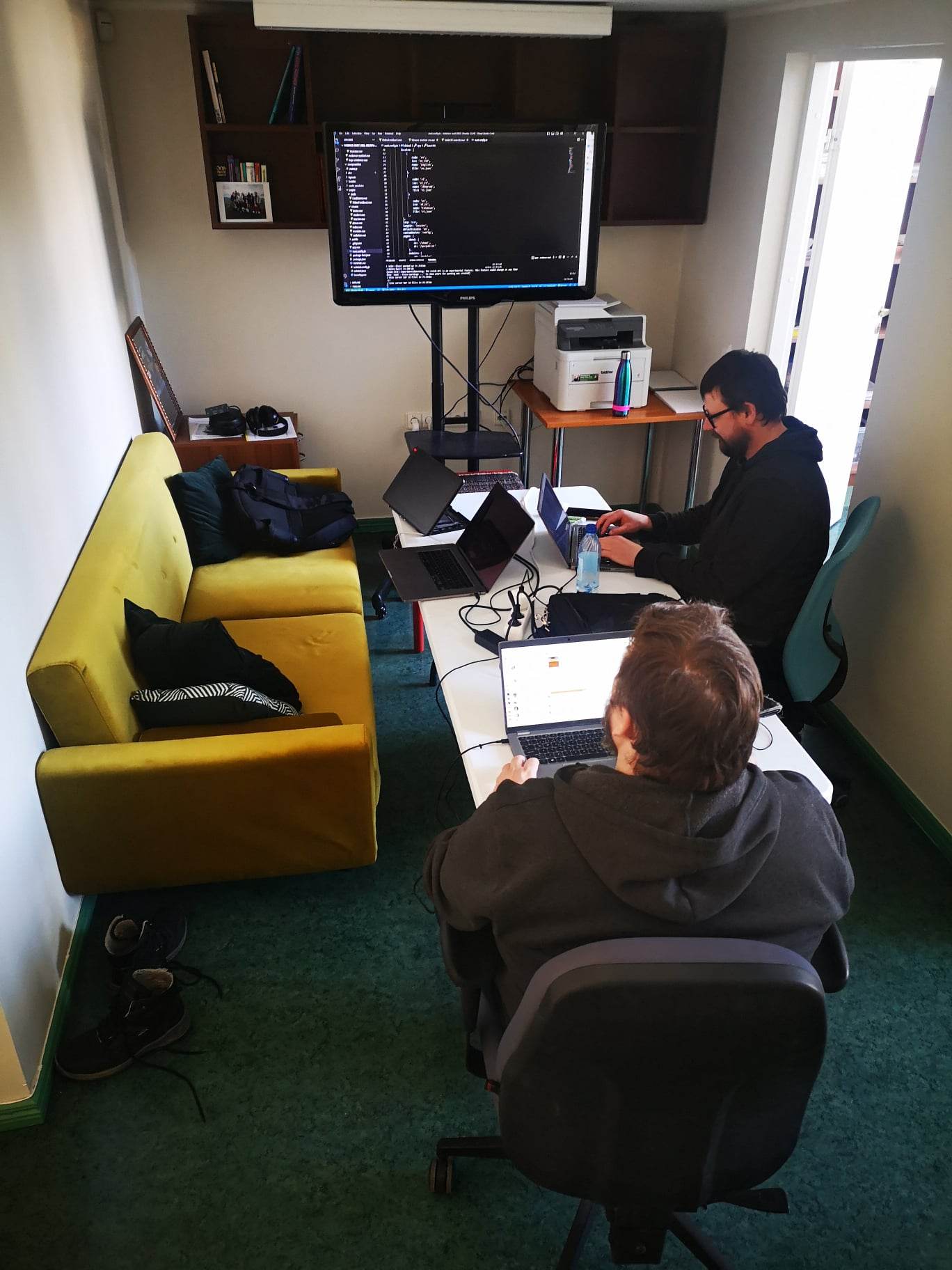 The art people had the possibility to visit Tartu Art School while science teachers and educators tried to improve the modules Drugs and Climate changes.
The art people had the possibility to visit Tartu Art School while science teachers and educators tried to improve the modules Drugs and Climate changes. 